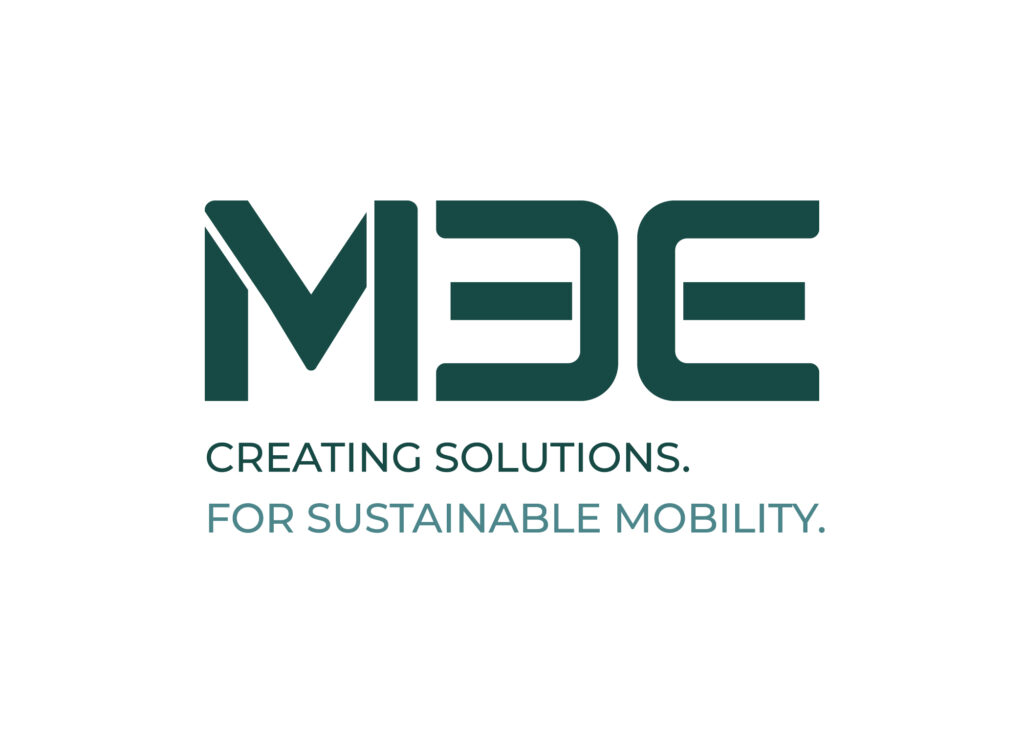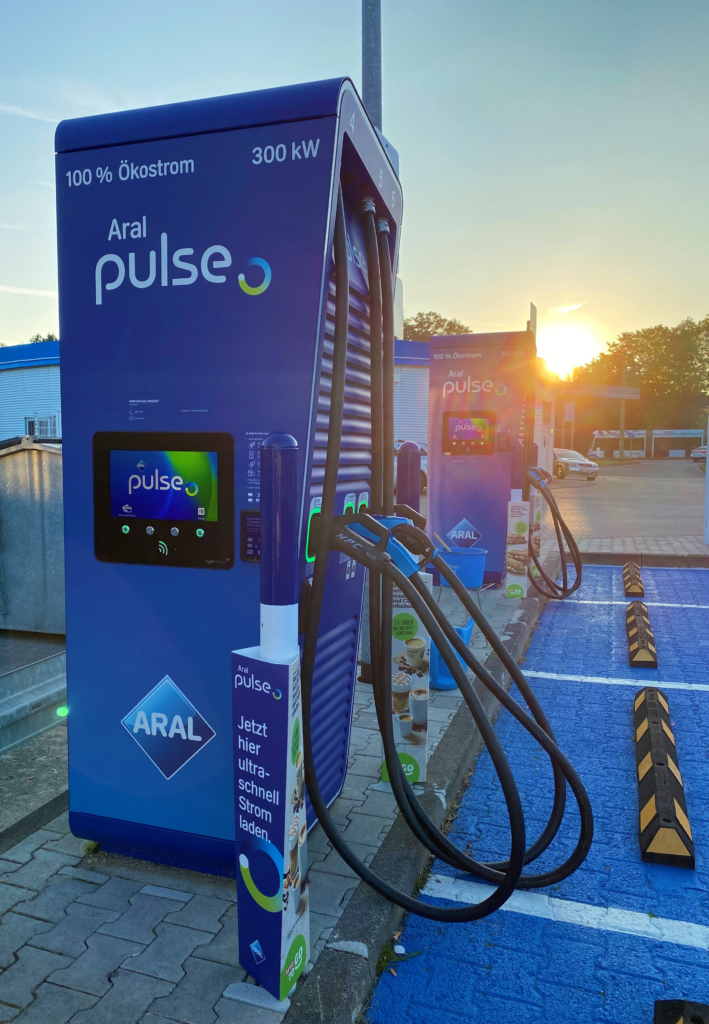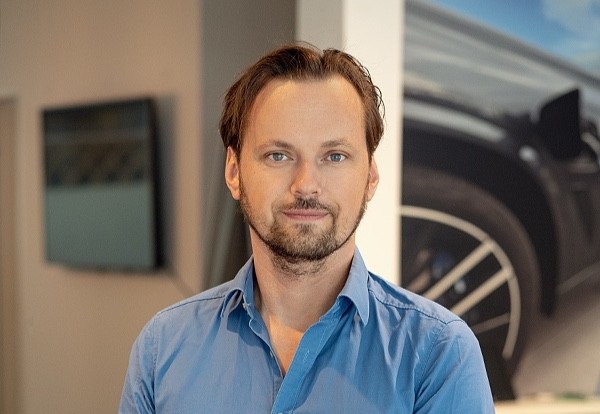In early 2023, the German Ministry of Economy decided to completely phase out subsidies for plug-in hybrids, a move that Christian Milan, CEO and Founder of M3E, considers “positive” from an ecological standpoint.
However, the Ministry also opted to reduce incentives for electric vehicle purchases.
“The adjustment for electric cars is not ideal for our customers,” Milan explained.
The fact is that at M3E, a company specializing in comprehensive electric mobility solutions and services, they have detected a growing need for subsidies in the light and heavy commercial vehicle sectors, as well as for buses.
It’s worth mentioning that, starting from September 1st, only those who purchase an electric car for exclusively private use can apply for the environmental bonus.
The elimination of financing, previously provided by the Federal Office for Economics and Export Control (BAFA), threatens to impede the progress of electric mobility in trade and medium-sized businesses.
“We would find a subsidy program for the lower-priced segment of the M1 vehicle class very useful after the end of the ‘Umweltbonus,’ as it is precisely here that demand is very high, but purchasing power is largely very low,” stated the CEO of M3E.
As of January 1st, the subsidy for electric cars is €4,500 for those priced below €40,000.
For models with a cost exceeding €40,000, they will receive €3,000.
The assistance does not apply to electric cars priced above €65,000.
Starting in 2024, the subsidy will continue to decrease to €3,000, with a subsidy limit of €45,000.

Regarding commercial vehicles, Milan commented: “The challenge now is to create the right framework for users who want to adopt electric vehicles for the first time“.
“It also involves generating attractive incentives for the majority to follow the same path,” he added.
This includes expanding charging infrastructure and creating incentive programs specifically tailored to commercial vehicles.
It’s worth mentioning that M3E, founded in 2019 in Berlin, is divided into two complementary areas.
On one hand, it offers a wide range of electronic consulting services, enabling its clients to make a swift and optimal transition to electromobility.
On the other hand, they develop comprehensive digital solutions, which they use both for their own consulting services and for external clients.
One standout product is their “European Subsidy Database,” where they compile and streamline the application process for all funding programs across 31 European countries.
The German company assists original equipment manufacturers, fleet operators, various businesses, public institutions, cities and municipalities, as well as individuals.
M3E requests an enhancement of the KsNI program’s efficiency
Germany boasts an extensive charging network with over 85,000 public charging stations.

Furthermore, they plan to deploy 8,500 ultra-fast charging points (HPC) at approximately 900 locations, allowing cars to charge within 15 to 30 minutes.
“The installation of fast-charging options at transport hubs and then gradually across the country is crucial to increase the long-distance travel capability of vehicles”, Milan explained.
One of the supports offered by the German government is the KsNI program, financing aimed at the acquisition of alternative and environmentally friendly propulsion vehicles.
Additionally, there is a very high funding rate for the associated charging infrastructure, with 80% of the acquisition costs being covered.
“However, the program’s efficiency is significantly hampered by long processing times, between application submission and approval“, stated the CEO of M3E.
This not only limits planning for fleet electrification but can also discourage purchases in some cases.
Regulations for electric charging in Europe
Recently, the Alternative Fuels Infrastructure Regulation (AFIR) has been published, governing the deployment of charging and refueling stations for all vehicle segments in Europe.
One of the points agreed upon by Members of the European Parliament is that by 2026, electric charging stations with a minimum power of 400 kW should be installed every 60 km.
In this regard, Milan said that these regulations are extremely useful:
“Climate change is not waiting for us, and we will not be able to cope with it without very ambitious binding regulations”.
Currently, the transport sector accounts for around 25% of all greenhouse gas emissions in the EU.
“Nevertheless, the current German subsidy programs and their application will not be sufficient to initially implement all measures by January 2026“, Milan commented.
“Much greater efforts are needed in this regard to transform electromobility into a self-sustaining system”, he concluded.






